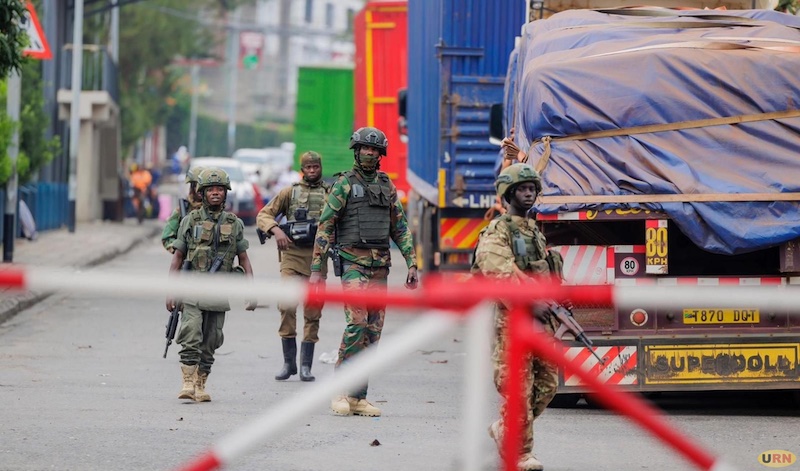
The March 23 Movement (M23) rebels have announced a reduction in fuel prices across territories under their control in North Kivu Province, eastern Democratic Republic of Congo.
Previously, a litre of petrol cost 3,690 Congolese francs (about Shs 4,995) and diesel 3,400 francs (Shs 4,602). In a statement issued on September 29 and signed by Chadrak Bahati Amani, North Kivu’s deputy governor under M23 administration, the new prices were fixed at 3,422 francs (Shs 4,659) for petrol and 3,306 francs (Shs 4,206) for diesel, a reduction of 268 (Shs 341) and 94 francs (Shs 120) respectively.
The announcement followed a September 26 meeting between M23 authorities and the Association of Oil Producers of North Kivu (APENOKI). All fuel stations have been ordered to display the new rates.
While no official explanation was given, the price cuts come amid a series of measures by the rebels aimed at reviving business and easing transport in areas under their control. Earlier this month, M23 reopened the DRC’s main border with Rwanda at Grande Barrière (Rubavu), extending operations from 6 a.m. to midnight to boost trade and mobility.
In July, the group also welcomed Uganda’s decision to reopen border points at Bunagana, Busanza (Kisoro district), and Ishasha (Kanungu district), moves it said would strengthen regional commerce.
The rebels last week condemned the bombing of Mpeti Bridge in Walikale territory, warning that its destruction would cripple local trade and transport. M23 currently controls large swathes of North and South Kivu provinces, following the resurgence of its insurgency in 2022.
The Congolese government continues to accuse Rwanda of backing the rebels, allegations denied by both Kigali and M23, who insist their fight is against corruption, xenophobia, and discrimination within Congo’s leadership.



